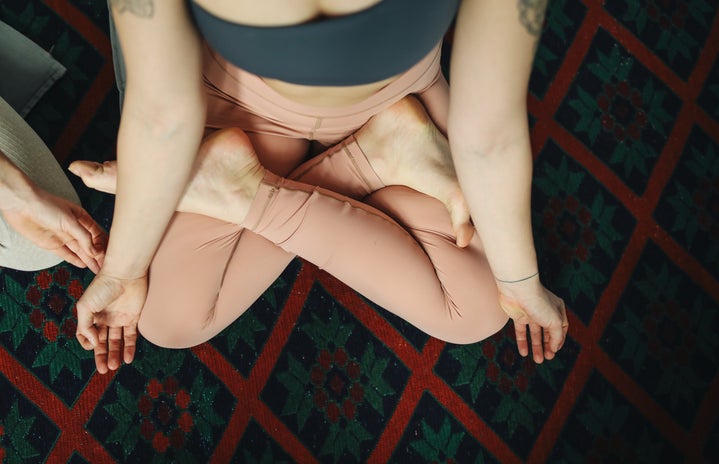Recently, meditation has become somewhat of a trendy buzzword seen cropping on all sorts of media platforms and sites. It is certainly a leap in the right direction in terms of de-stigmatizing mental health, a conversation that is becoming more normalized in the media. However, as more people become aware of meditation, the misconceptions and vagueness of its very name may turn those away who could truly benefit from its practice.
One key understanding about meditation is the fact that its vagueness and ambiguity are actually why it is so beneficial: it leaves room for creativity and caters to personal needs. Yes, it can get confusing in terms of which meditation practices work for each person. Someone starting their meditation journey might try to start with what a certain site calls the “best” way to meditate. It is important to remind people, though, that meditation is not one size fits all and it is important to tap into your own mental needs to find what works for you. There is no room for comparison in the practice of good mental health. Acknowledging the beauty in the various options one has allows for appreciation of “personal style”. Not every outlet works for everyone, and it’s not only perfectly okay–it’s the whole point!
From self-examinations and affirmations, to diaphragmatic breathing, guided mental imaging, and everything in between, the calming realm of meditation and its benefits are endless. While it may be daunting to dive into meditation, it may be more accessible than you think. For example, until a few years ago, I had no idea that the many ways my therapist taught me to cope with my anxiety were actually forms of meditation. In other words, I had already been practicing something that I thought was too big a task to undertake.
I truly believe that there is no better time than now to practice meditation. There has never been a bigger effort to normalize and make accessible mental health practices that recently, driving home the point that individuality is necessary to get the most out of each practice. Through this brief examination of meditation, I hope to have made clear that: the only person who needs to benefit from your meditation is YOU, so lean into what makes you feel the best. Lastly, if you don’t know what works for you, just try anything. Even a five-minute practice of any kind is beneficial; there is nothing to lose, only a sense of self-acceptance and inner peace to gain.


